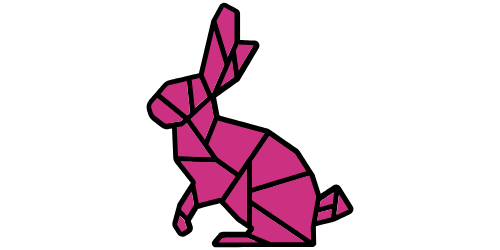Home
>
Technology
>
First Machines Replaced Our Muscles. Now AI Is Coming for Our Minds. Is #Empathy the path forward?

First Machines Replaced Our Muscles. Now AI Is Coming for Our Minds. Is #Empathy the path forward?
The AI Revolution: What's Left for Humans?
It used to take a team of strong backs to build a house, plow a field, or move goods across a continent. Then came the Industrial Revolution. Machines replaced muscle. Suddenly, physical labor wasn’t a necessity—it was optional. Those who adapted found new purpose in the factories, offices, and cities that exploded across the globe. Those who didn’t? History isn’t always kind in remembering them.
Now, we’re standing at the edge of a new revolution. But this time, it’s not our bodies being replaced. It’s our minds.
Let’s not sugarcoat this: AI is replacing cognitive work at a pace that’s hard to comprehend. Writing, planning, coding, analyzing—it’s already faster, cheaper, and in many cases, better than what most people can do manually. That’s not speculation. That’s reality.
So here’s the question no one really wants to ask: If the Industrial Revolution made human strength less valuable, and the AI revolution is making human intelligence obsolete—what’s left?
Intelligence Is No Longer a Moat
In the past, your brain was the ladder. You moved up in life by proving you could think better, faster, or more creatively than the next person. But now, AI tools can brainstorm, iterate, and optimize without needing sleep, benefits, or emotional regulation. They're already being integrated into everything—from legal reviews to medical diagnostics to marketing plans.
And here’s the part that should stop us in our tracks: The same way a factory owner didn’t need a hundred farmhands after installing a steam engine, companies won’t need a hundred analysts, designers, or copywriters once AI is fully embedded.
This isn’t about "assistance" anymore. It’s about replacement.
The Myth of “Just Be More Creative”
One of the most common responses I hear is, “AI will take care of the boring stuff so we can focus on more meaningful work.”
Sure. But let’s get real—who decides what’s meaningful? And what happens when AI gets good at that, too?
This idea that there will always be “a higher-value job” waiting for displaced workers assumes infinite upward mobility. But if both muscle and intelligence are automated, where does that ladder even lead?
We can’t keep telling people to “just learn to prompt better” the way we used to tell them to “just learn to code.” At some point, the automation curve swallows all of it.
What’s Actually Left for Humans?
If AI is becoming the new brain, then maybe we stop trying to compete on intelligence. Maybe we double down on the things AI can’t replicate.
- Values. AI can optimize for outcomes. It can’t tell us what should matter.
- Empathy. It can simulate feelings. But it doesn’t feel.
- Judgment. It can weigh data. But it can’t weigh consequences—at least not the kind that ripple across generations or cultures.
- Imagination. It can remix what exists. But humans still originate the absurd, the mythic, the sacred.
I’m not saying these things can’t be mimicked. They already are. But mimicry isn’t the same as meaning. If we lose sight of that distinction, we may find ourselves not just unemployed—but unmoored.
Gary Vaynerchuk has been calling it for years - Empathy. It is not just a "soft skill" but a crucial driver of business success by fostering genuine connections and creating lasting relationships. Empathy as a "superpower" that AI can not replace.
Final Thought: We’re In a Race to Remember Ourselves
This moment isn’t about productivity gains or faster workflows. It’s existential. Because once intelligence is no longer uniquely human, the only thing we’ll have left is… us.
Not our output. Not our efficiency. Just us.
So we better start figuring out what that really means—and what it’s worth—before someone builds a machine to tell us.




